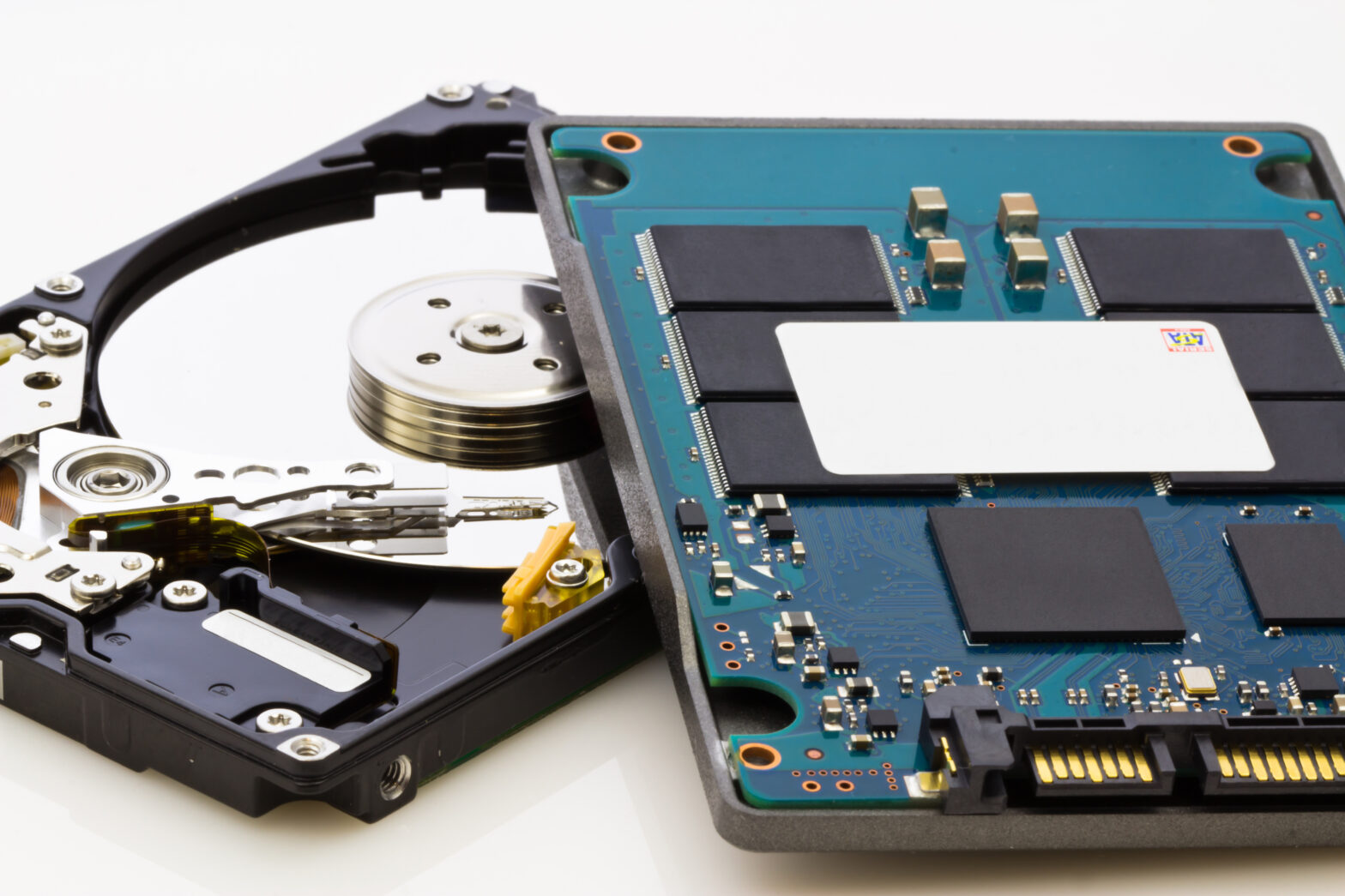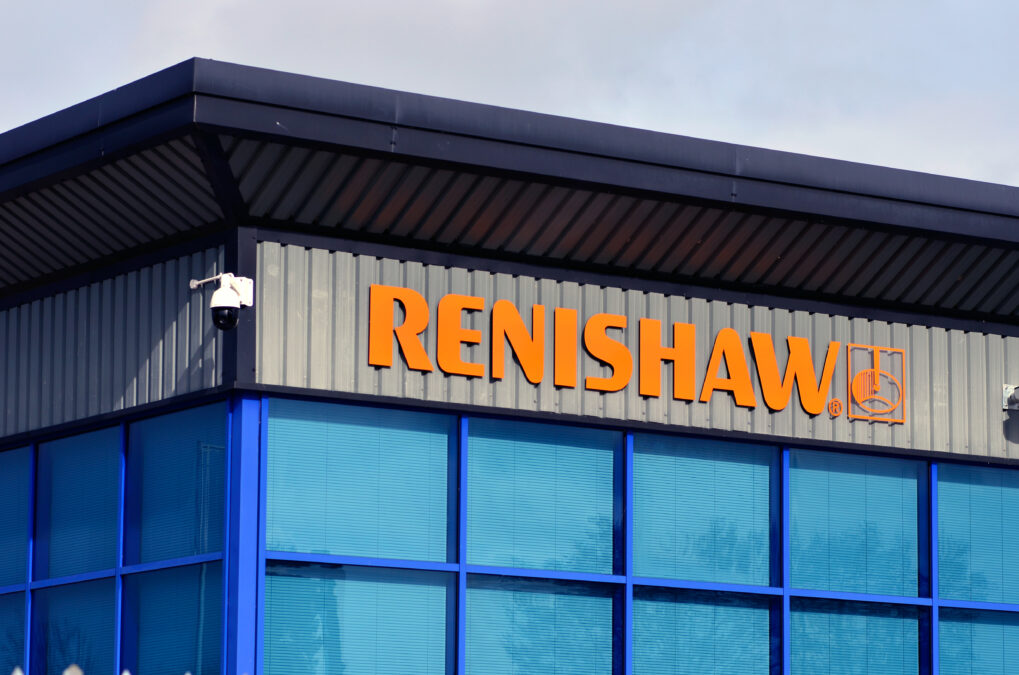Point-of-sale systems are critical to managing stock, tracking orders, recording customer details, logging hours and numerous other activities that enhance customer service and boost employee performance.
The digital age has accelerated the need for people to work faster and more efficiently.
Consequently, the technology businesses use needs to keep up. Due to the increasing demand to serve customers quickly, POS systems need to be fast and durable.
As retailers continue to focus on prioritising customer service, their IT systems need to do more than just process transactions.
>See also: The move to solid state drives: prevent the loss of data
In a customer facing, fast paced environment uptime is imperative. One survey found that 80% of consumers are not willing to wait longer than five minutes in a queue.
Any kind of delay in service can be costly to retailers – customers can cancel their purchase, issue a complaint or abandon their basket and shop with a competitor.
Historically, POS systems use hard drives. To maximise uptime, retailers can replace their existing hard drives with solid state drives (SSDs).
Here are five reasons why a switch from HHD to SSD will improve your POS systems:
Speed
Seconds matter in retail and any amount of downtime can have catastrophic results.
Thousands of transactions are processed via POS systems and any delay could result in keeping the customer waiting.
SSDs enable systems to boot up faster, load data almost instantly and increase overall productivity.
Not only will individual POS systems work better, but the organisation will be more efficient. When everyone is working faster, retailers can serve customers more effectively, beat the competition and make more sales.
Durability
Customer information, stock figures and employee hours can be accessed using POS systems. If the storage drive fails, all access to data is lost which negatively impacts productivity.
An SSD functionally does everything your hard drive does, however it does not have moving parts.
This significantly increases the speed of the drive and decreases the likelihood of failure.
>See also: Managed cloud: making the most out of public cloud computing
By installing SSDs into your POS systems, you will notice an increase in productivity and efficiency. POS systems are subject to a range of environments where their durability is tested.
They are often prone to shock, bumps and vibrations which could break the hard drive. However, as SSDs have no moving parts there is nothing delicate to break.
Efficiency
POS Systems must work at peak performance due to the amount of transactions carried out on them each day.
SSDs are over 90x more energy efficient than a typical hard drive and will significantly increase your POS systems performance.
By extending your systems life and reducing the amount of power used, your POS system can run more efficiently.
Security
POS systems store customer details, card numbers and other sensitive information, which are a target for data thieves.
In light of the recent cyber attacks on Lloyds Bank and Yahoo, customers will want their data to be protected.
Data stored on retail systems is an asset and a liability. Self-encrypting SSDs use an encryption engine built into the hardware that encrypts every file.
Swapping existing vulnerable hard drives for encrypted SSDs is an easy way of protecting customer’s data.
All organisations that handle credit card data from major card schemes must comply with the Payment Card Industry Data Security Standard (PCIDSS).
>See also: Building the data foundations for smart cities
There are 12 high level requirements that ensure the protection of cardholder data. Having SSDs installed in POS systems helps companies to comply with the PCIDSS and makes fulfilling the requirements less of a burden.
Cost
Previously SSDs were a costly investment, particularly in comparison to hard drives.
However, the price of SSDs has reduced significantly and they are now widely accessible.
By maximising your existing infrastructure, customers can get more out of your IT budget. With less downtime and fewer maintenance issues, retailers will be spending less.
SSDs change the pace of retail and will increases productivity significantly.
Most retailers are under pressure to create more sales and provide great customer service. Without ripping and replacing entire POS systems, SSDs are a smart and cost-effective option to boost efficiency and reliability.
So, if businesses want to increase efficiency and generate productivity then they should maximise their existing infrastructure.
Organisations don’t need new systems to run new software – just better components.
Sourced by Jonathan Weech, Crucial SSD product line manager






